 TOP
TOP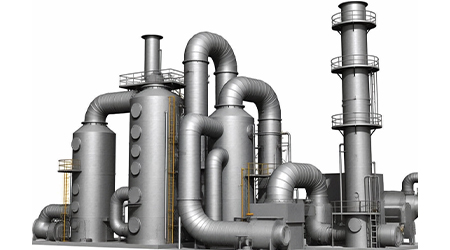 28th
03 2025
28th
03 2025
Limestone gypsum method in desulfurization and denitrification: efficient purification of flue gas
In the field of exhaust gas treatment, desulfurization and denitrification technology plays a crucial role. Among them, the limestone gypsum method, as a mature and reliable desulfurization technology, is widely used in the flue gas purification process of industrial boilers and thermal power boilers.
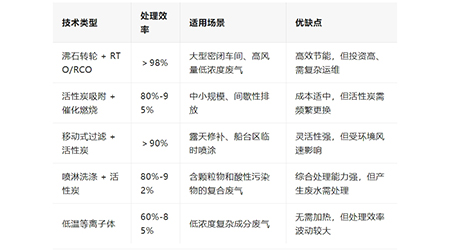 21th
03 2025
21th
03 2025
Ship spraying exhaust gas treatment technology
The treatment technology for ship spraying exhaust gas is a key means to address volatile organic compounds (VOCs) and particulate matter pollution, which requires comprehensive measures based on the characteristics of exhaust gas, process conditions, and environmental protection requirements.
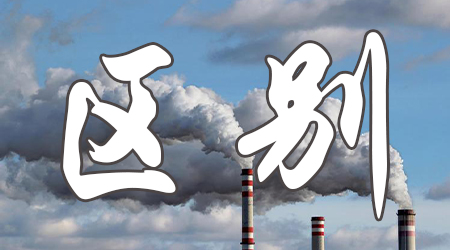 18th
03 2025
18th
03 2025
Science popularization: Brief differences between RTO, RCO, CO, TO
What are the differences between RTO, RCO, CO, and TO as commonly used equipment for treating VOCs?
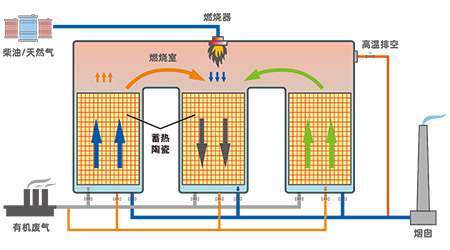 15th
01 2025
15th
01 2025
Calculation of Natural Gas Energy Consumption and Burner Selection for RTO System
The accounting process can quickly provide data references during the preliminary plan and energy consumption accounting stages. After the actual project is implemented, in-depth calculations and negative verification are needed to maintain correct selection and improve public engineering conditions.
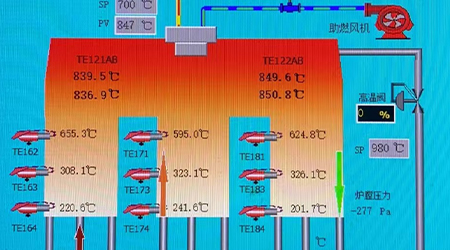 01th
01 2025
01th
01 2025
How to prevent high concentration, overheating, and corrosive organic waste gases from causing damage to RTO equipment?
In order to address these challenges and ensure system stability, RTO material selection and safe temperature control interlocking are particularly important when facing high concentration, over temperature, and corrosive VOCs working conditions.
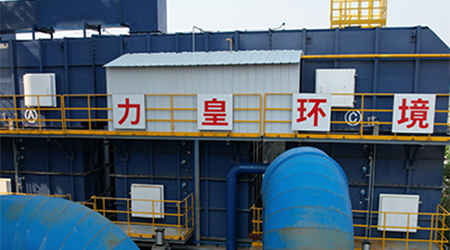 20th
12 2024
20th
12 2024
Detailed explanation of four commonly used exhaust gas treatment methods
VOCs are a general term for volatile organic compounds with low boiling point characteristics, and their definitions vary slightly among different international organizations. The excessive emission of VOCs can seriously affect the atmospheric environment and directly threaten human health. Therefore, it is urgent to effectively control and manage the emission of VOCs.
 22th
11 2024
22th
11 2024
The Ministry of Ecology and Environment has issued a notice on four national ecological and environmental standards, including the "Determination of Nitric Acid Mist in Fixed Pollution Source Waste Gas by Ion Chromatography Method"
In order to implement the Environmental Protection Law of the People's Republic of China and regulate ecological environment monitoring work, four standards, including the "Determination of Nitrate Mist from Fixed Pollution Source Waste Gas by Ion Chromatography Method", are now approved as national ecological environment standards and published.
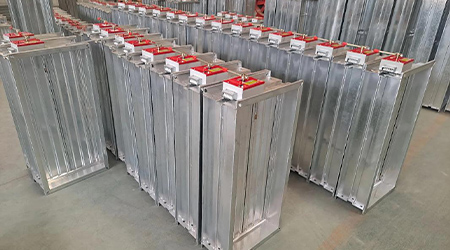 19th
11 2024
19th
11 2024
8 precautions for fire dampers in VOCs control systems
Installing fire dampers is a fundamental safety measure in VOCs waste gas treatment systems, which helps improve system safety, protect personnel and equipment, and ensure compliance.
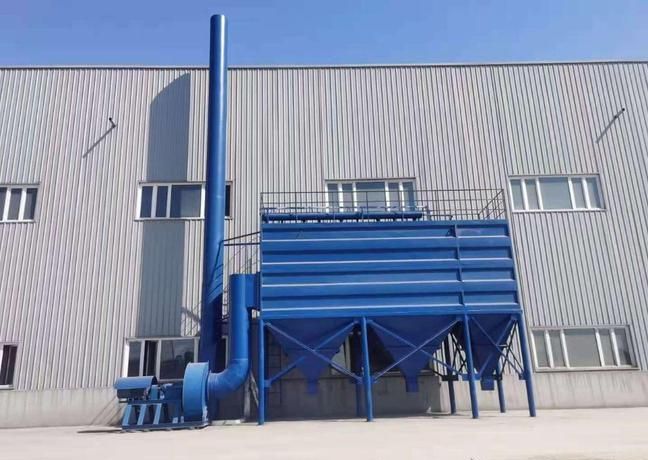 12th
11 2024
12th
11 2024
Overview of dust removal equipment
With the rapid development of industrialization, dust pollution has become an increasingly serious problem. In order to improve environmental quality and protect the ecological environment, the application of environmental dust removal equipment has become particularly important.